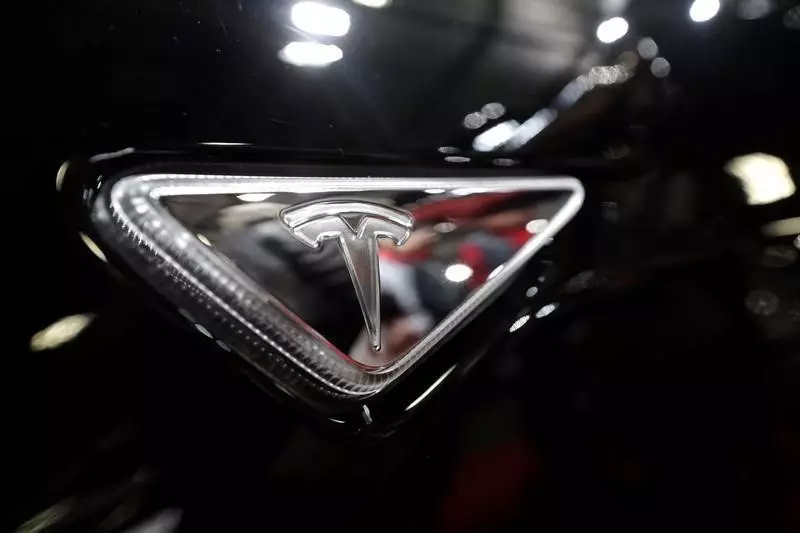The U.S. Insurance Institute for Highway Safety (IIHS) recently conducted a study that scrutinized the performance of various assisted-driving systems offered by major automakers. Shockingly, Tesla’s Autopilot and Full Self Driving technology, alongside nine other systems, received “poor” ratings in the assessment. The IIHS, known for its stringent safety evaluations, emphasized that there is no concrete evidence to support the claim that Autopilot or similar systems actually benefit real-world safety in terms of crash data.
Despite claims made by Tesla and its CEO Elon Musk about the increased safety provided by their technology, the IIHS President, David Harkey, mentioned that the presence of advanced systems did not lead to a reduction in insurance claims. The data showed that automatic emergency braking systems were much more effective, resulting in a 50% decrease in rear-end collisions and a 30% drop in instances of vehicles hitting pedestrians. In light of these findings, questions have been raised about the safety claims made by Tesla concerning Autopilot.
Highlighting a significant gap in regulatory standards, Harkey pointed out that the U.S. National Highway Traffic Safety Administration lacks formal guidelines for advanced-driving assistance systems. With no federal regulations in place, automakers have been left to their devices when it comes to determining the safety and efficacy of their autonomous technologies. That was the main impetus behind the IIHS study, which aimed to establish safeguard evaluations for these systems.
Out of the 14 assisted-driving systems tested by the IIHS, only one managed to earn an acceptable rating – the Lexus Teammate with Advanced Drive. Toyota, the parent company, expressed its commitment to enhancing vehicle safety and acknowledged the role of third-party testing programs like the IIHS in validating their efforts. Other companies, such as GM with its Super Cruise and Nissan with its ProPILOT Assist, received marginal overall ratings, emphasizing the need for continuous safety improvements.
As automakers strive to enhance the capabilities of their autonomous systems, there is a clear opportunity to iteratively improve safety ratings. The IIHS suggested that by incorporating existing technology related to driver monitoring and attention warnings, companies could elevate their safety standings. Notably, Tesla and other manufacturers are already in the process of refining their systems, with Tesla having updated its Autopilot software as part of a federal recall agreement.
In the ever-evolving landscape of autonomous driving technologies, safety remains a paramount concern. The recent evaluations by the IIHS shed light on the performance gaps of various assisted-driving systems, prompting automakers to reevaluate and enhance their offerings. As the industry strives for safer roads and efficient autonomous solutions, rigorous testing and continuous improvements will be key to ensuring the efficacy and reliability of these systems.

